I have been thinking a lot about agency lately. Politics in America over the last decade has felt designed, scripted even, to rob people of their own sense of agency. I think many people feel as if our politics is happening to them—affecting their livelihood, their relationships, their neighborhoods—and is beyond their reach or influence. But agency is not only essential for a healthy democracy, agency is an essential aspect of what it means to be human.
John Kasich’s new book, Heaven Help Us, is an effort by the former Ohio governor and presidential candidate to renew citizens’ sense of agency and responsibility to contribute to the well-being of their neighbors and communities. It is a relentlessly positive book, though its affirmations offer implicit critiques.
The book, which was written with Kasich’s longtime collaborator Daniel Paisner, offers vignettes of modern, faith-motivated Americans who have made a significant difference in their communities. The stories are the message, and Kasich offers them all as positive, inspiring examples to spark an imagination in readers for what they could do, how they could serve, now. That is to say, there is not much diagnosis in this book. While a number of recent books have cataloged religious disrepair and hypocrisy, and conclude with limited gestures toward a better way, Kasich argues that we’re missing the role faith is playing in real people’s lives today, for the good of others.
Kasich focuses on faith because of his concern regarding growing skepticism and cynicism toward religion, and the great capacity he believes religion has to contribute. “We are living in perilous times. People are adrift, divided, conflicted— young people especially—and I’m struck by the ways many are stepping away from organized religion,” he writes. After expressing his understanding for some reasons for this, he continues, “And yet I’ve come to realize that the ordinary people doing extraordinary things I looked to celebrate in my first book are out there today in even greater force, and that their noble acts of goodwill and community building are being strengthened by the support they’re receiving from their religious institutions.”
Kasich is less animated by convincing the non-religious that religion has something to offer than he is in convincing the religious of that fact—and getting them to act on it. Kasich describes a meeting he called with religious leaders and theologians. “I was becoming increasingly concerned at what I was hearing about all of these ministers around the country who were under fire from their congregations, with members trying to get them to take a political stand or endorse a particular candidate or issue,” he writes. “They were being knocked off balance because of it. I didn’t believe these types of discussions belonged inside the church, so I thought I’d bring together a group of faith leaders to see whether we could come up with a statement these ministers could rely upon— you know, a patch of firm ground on which they all might stand.”
But it wasn’t as fruitful as Kasich had hoped. “Well, sometimes what seems like a great notion is not so great after all, because it turned out that we couldn’t get these religious thinkers to agree on much,” he writes. “They were all brilliant, make no mistake, but they all had their own ideas—which, looking back, I might have anticipated. … But trying to get this group to produce a single declarative statement to articulate our shared view of contemporary Christianity was even harder than herding cats, because these cats each had their own deeply held convictions, their own agendas. We went round and round and never really got anywhere.”
It is frustrating enough when the good work that religion promotes and makes possible is left out of media coverage or popular narratives. But it’s bewildering when religious leaders themselves can’t get past their own parochial issues in order to say and do good, true things. I should know: I worked in the White House during the Obama administration helping to form partnerships between the federal government and religious communities and other nonprofits to serve those in need. I saw the best of religious life in America, and I left government in 2012 both more hopeful and more aware of the tremendous good religion already motivates in this country, and the transformative potential of religious goodwill in action.
Kasich seems to share this awareness, telling the stories of people like Sister Mary Scullion, who moved mountains (and institutions) to serve the unhoused in Philadelphia; Bob Freeman, a former president of a synagogue in Omaha who, while he wasn’t very religious by his own description, spearheaded the creation of a remarkable interfaith collaboration; Dr. Nadeem Khan and Dr. Nasser Hajar, two of the founders of the Halim Clinic in Kasich’s home state, who provide medical care to those who could not otherwise afford or access it; and Jillana Goble and Ben Sand, who are reimagining child welfare in Oregon. In total, Kasich highlights 15 initiatives, led by people of all faiths.
Remarkably, I could not find one instance of Kasich referencing the politics of those he highlights. Kasich does not seem to be seeking to advance religious contributions for the sake of a partisan end, or even to show his magnanimity as a politician. Indeed, the diversity of stories he tells reflects, I think, a desperation for religious people themselves to stop allowing politics and its logic to prevent and distract them from taking action themselves to address the problems we face as a society. There are things you can contribute that are more powerful and meaningful in our civic life than your vote. Kasich shows a disregard in this book for partisan ends, but aims to inspire people to do good, regardless of their political disposition.
That does not mean politics is absent from this book. The second thing readers will notice is how the narratives often weave together individual initiative, the power of community, and the capacity of philanthropy and government to partner with, clear pathways for, and scale these projects and initiatives for the common good. Instead of viewing the charitable initiatives of individuals and communities as at odds with the government, Kasich promotes a vision of mutuality. In this way, politics is indeed present—but it’s politics as service, as one way communities solve problems together.
Kasich himself is a serious Christian, and his book opens with a quote from Dallas Willard, the Christian philosopher. Still, while Kasich commends faith in this book, he does not press sectarian convictions as essential. He writes as someone who served and represented diverse people in a diverse country, asking citizens to bring the best they have to offer, from whatever source they feel is accessible to them, and to use what they have to help others.
If we can allow for the possibility that faith, and people of different faiths, can help to heal our communities and our politics; if individuals were willing to stop grousing about all that is wrong in our shared life, and instead do their share to make things better, it would actually reduce the room the cynics and the bullies have to operate. We’d be less likely to think we need them to get things done. Kasich’s book is a timely provocation to take responsibility in our communities and national life. And it’s not a hypothetical—people are already doing this all across the country. We could use more of it, and we could use more people like John Kasich who are willing to encourage it. And perhaps if we do our part, even with all of our flaws and differences, heaven will help us, too.
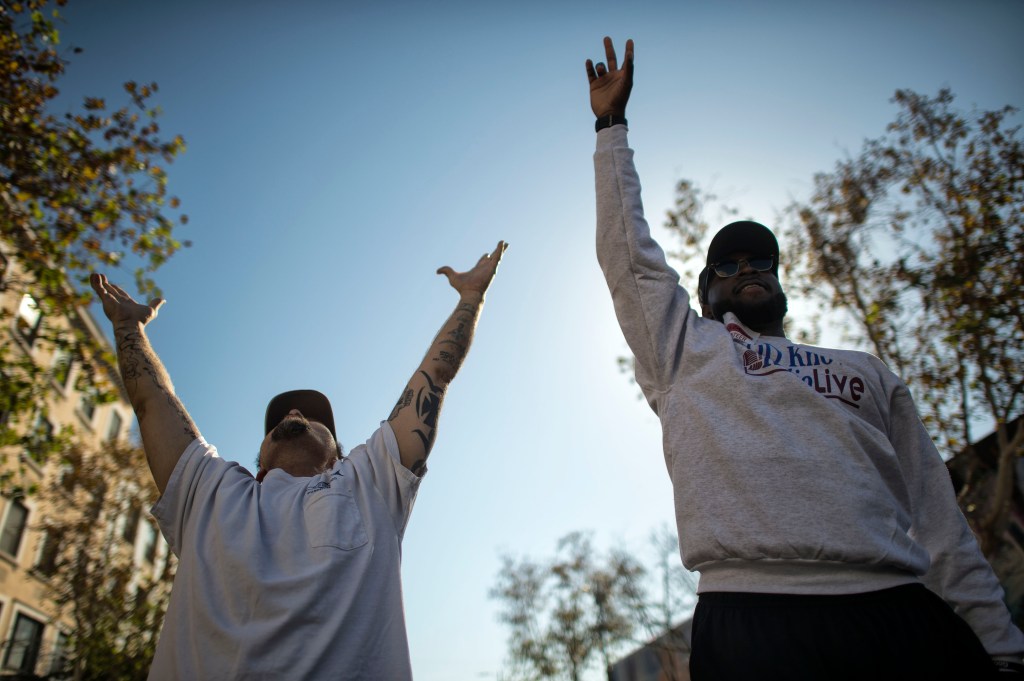
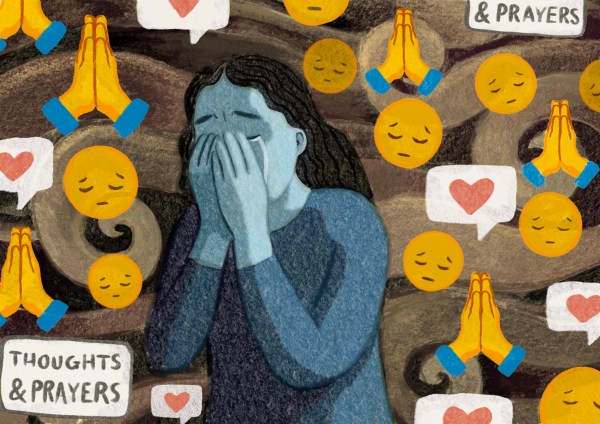

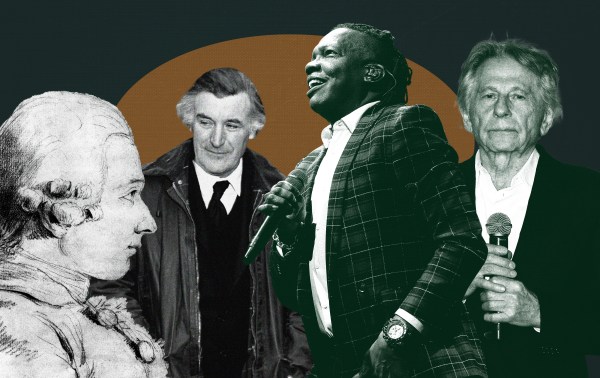
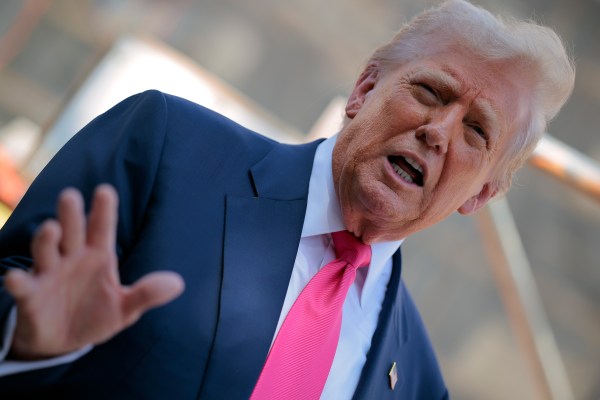
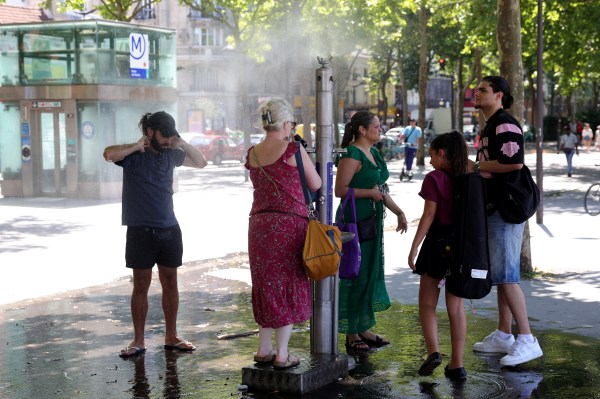
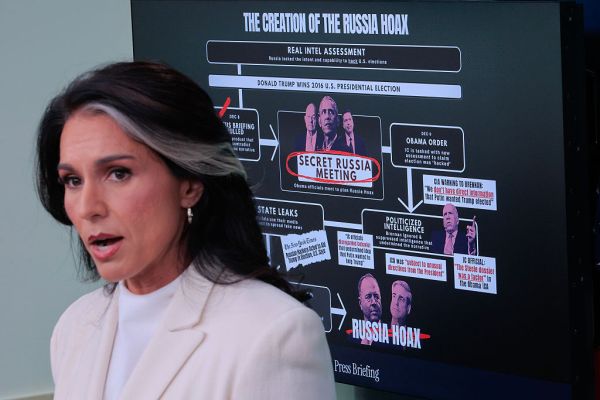


Please note that we at The Dispatch hold ourselves, our work, and our commenters to a higher standard than other places on the internet. We welcome comments that foster genuine debate or discussion—including comments critical of us or our work—but responses that include ad hominem attacks on fellow Dispatch members or are intended to stoke fear and anger may be moderated.
With your membership, you only have the ability to comment on The Morning Dispatch articles. Consider upgrading to join the conversation everywhere.